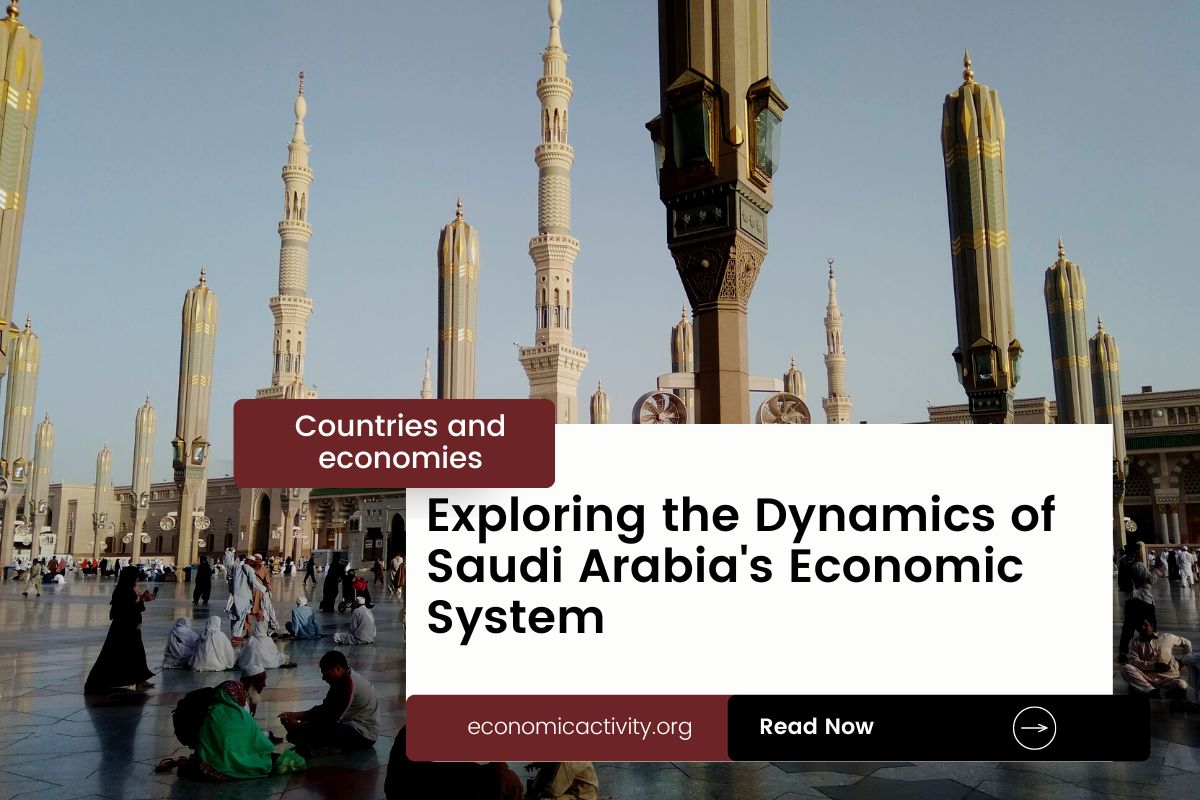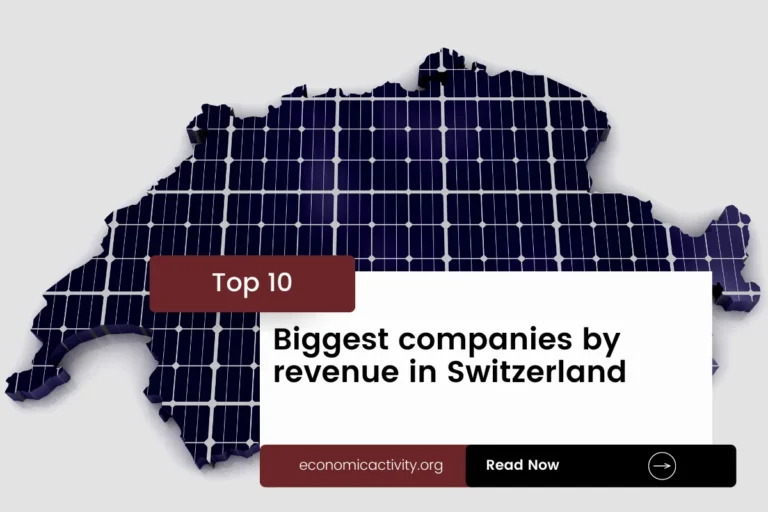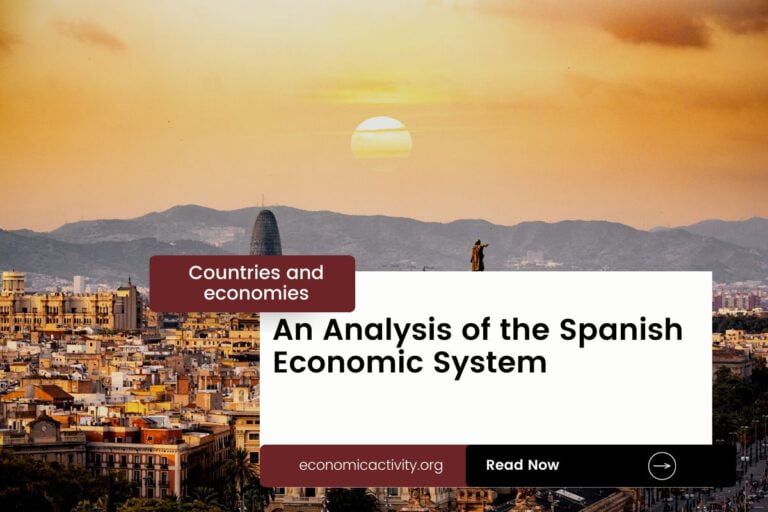What is the economic system of Saudi Arabia? The economy of Saudi Arabia is based on a mixed economy. The country’s economic system combines elements of a market economy and a planned economy.
Saudi Arabia’s economy is heavily dependent on oil, representing the bulk of export earnings and government revenues. The nation is working on diversifying its economy through its Vision 2030 initiative, with a focus on sectors like tourism, entertainment, and technology. Mining and defense industries are also notable.
In Saudi Arabia, the economy is composed of a private sector, consisting of individuals and businesses that make autonomous decisions based on self-interest, and a public sector, where the state determines the production and distribution of certain goods and services. No country is purely capitalist or purely communist.
What do the freedom indexes tell about the economic system of Saudi Arabia?
Now, to determine if a country is mostly a market economy or a planned economy, it is useful to examine some economic indexes. For instance, according to the 2022 Index of Economic Freedom, which measures the ability of every human to control his own labor and property, Saudi Arabia is ranked 118th globally and 9th in the Middle East and North Africa indicating that the country has a mostly unfree economy.
In a similar way, the 2022 Freedom House index evaluates the state of political rights and civil liberties globally. Generally, market economies tend to align more with democracy and freedom, while command economies tend to be characterized by greater state control and fewer democratic and civil liberty protections. Saudi Arabia gets a score of 7/100, which qualifies it as Not Free.
Saudi Arabia is a country where the government controls what people do for political reasons, and people have limited freedom to choose (what, how much and how to produce, whether to buy or not, selling price, etc.)
The Link Between Public Sector Employment and the Economic System of Saudi Arabia
An indicator of the extent to which the State is involved in the economy is the number of public sector employees. In Saudi Arabia, according to ILOSTAT, the number of public sector employees as a percentage of the total workforce is 35.3.
In the country’s mixed economy, the number of public sector employees as a percentage of the total workforce varies based on the specific policies and practices adopted by the State.
Some economic activities are left to the private sector while others are under government control. The bigger the public sector the closer the economy is to being a command economy.
What do the biggest companies in Saudi Arabia say about the country’s economic system?
The biggest company in Saudi Arabia should also be looked at, as well as whether it is a state-owned or private company. In this case, Saudi Basic Industries is a diversified chemical, industrial polymers and fertilizers company based in Saudi Arabia. The company is majority-owned by Saudi Aramco, the state-owned oil company of Saudi Arabia. In 2020, Saudi Aramco completed the acquisition of a 70% stake in SABIC from the Public Investment Fund of Saudi Arabia.
More: Top 10 Biggest companies by revenue in S. Arabia
The historical factors that have influenced the economic system of Saudi Arabia
The current mixed economy system of Saudi Arabia is a result of the country’s oil-based economy, its reliance on foreign investment, and its efforts to diversify its economy.
The oil industry has been the main driver of economic growth, providing the government with revenue to invest in infrastructure and social services.
Foreign investment has also been important, helping to diversify the economy and create jobs. Finally, the government has implemented policies to diversify the economy and reduce its reliance on oil. The government still controls the main industries but the private markets are growing.





Leave a Reply